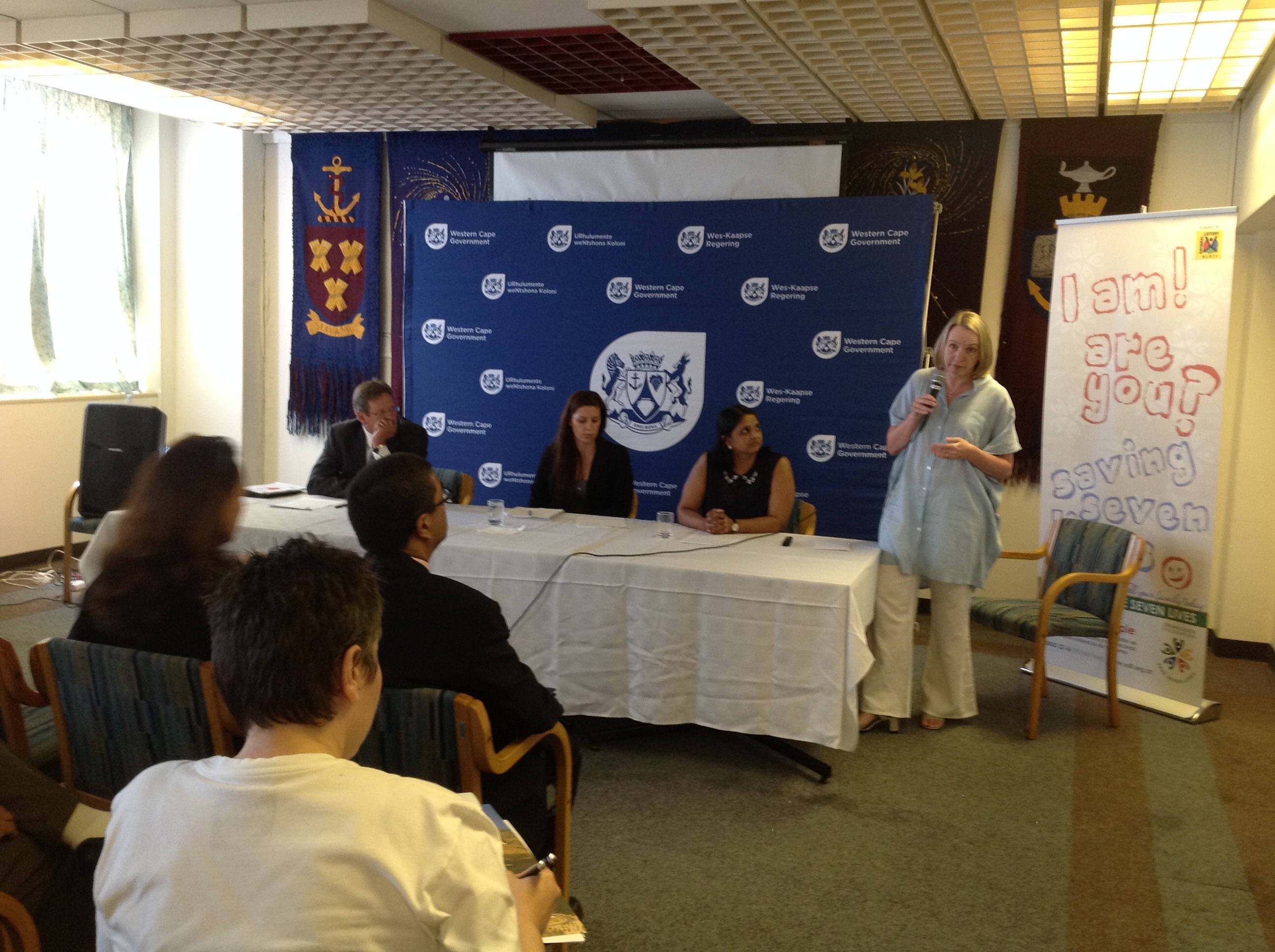
News
Minister Botha Encourages People to Become Organ Donors
The Western Cape Minister of Health, Theuns Botha, launched an organ donor drive at Groote Schuur Hospital – the hospital where the world’s first heart transplant took place in 1967.
In his address, Minister Botha said the courage of the first two donor heart recipients, Mr Louis Washkansky and Dr Phillip Blaiberg, in literally trusting Barnard with their lives, cannot be overstated.
“But perhaps the greatest admiration of all belongs to the families of the late Edward Darval and Dorothy Haupt, who in their individual moments of grief, agreed to let the organs of their loved ones be harvested for the benefit of Washkansky and Blaiberg. Their gifts to these two patients were gestures of the utmost selflessness, giving hope to two dying men, and allowing Christiaan Barnard to follow his destiny as a medical pioneer.”
Minister Botha said patients are dying because of a shortage of organ donations that could save lives and patients waiting for organs require ongoing care while their health deteriorates, which places an increased burden on the health services.
“By becoming an organ donor, you could save the lives of up to seven people. It’s not only organs that are transplanted, but other tissue is also used, for example, skin can be transplanted onto patients with severe burns. We are currently also exploring the possibility of opening a skin bank to assist children and adults with burns.
There are approximately 4 300 South African adults and children awaiting a lifesaving organ transplant. The organ donation rates in South Africa is one of the lowest in the world.
At the launch Minister Botha said Western Cape Government Health is partnering with the Organ Donor Foundation, an NGO that is passionate about this cause. The Organ Donor Foundation keeps a database of all potential donors.
They currently have 103 000 donors registered nationally, of whom two-thirds are women. The percentage of registered organ donors per population is only 0.18% and in the Western Cape, it is 0.39 % of the population.
“Once again, the Western Cape is leading in terms of registrations per population. But, this is nowhere near enough. We need to start the conversation about organ donation – with our families and with our friends.
Minister Botha said the Western Cape will follow through with organ donor drives at the province’s hospitals, also in rural areas, and ask other provinces to follow suit.
History of Organ Transplants
- The very first organ transplant was a thyroid transplant done in 1883 by a Swiss surgeon, which later became the model for transplanting other organs that were damaged.
- The practice continued into the 1900s in Europe and America, with some surgeons expanding their research knowledge through performing transplants on animals and others transplanting tissues into humans.
- The first deceased donor transplant was performed by a Ukrainain surgeon in 1930, but they kept on failing because the recipient’s body rejected the organ.
- In the 1950s, the use of certain drugs assisted with rejection and they started to achieve some success with transplantations.
- 1954 saw the first live related kidney transplant and 1962, the first kidney transplant from a deceased donor, both in the USA.
Hélène Rossouw
Spokesperson for Theuns Botha, Minister of Health
Tel: 021 483 4426
Cell: 082 771 8834
E-mail: helene.rossouw@westerncape.gov.za


